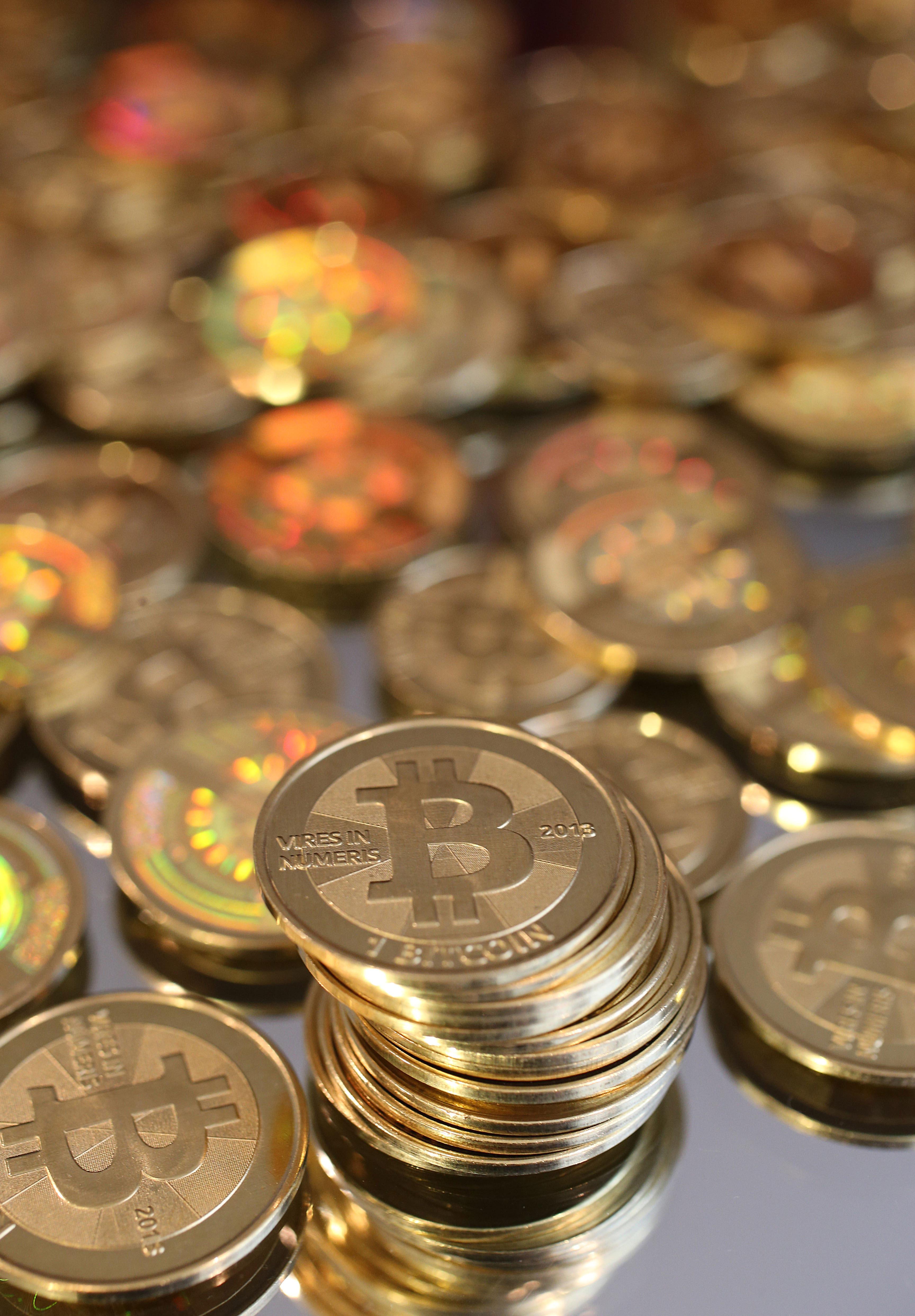Crime is Slate’s crime blog. Like us on Facebook, and follow us on Twitter @slatecrime.
On Tuesday, the U.S. Attorney’s office for the Southern District of New York announced that seven people affiliated with an online currency exchange called Liberty Reserve had been charged with running a massive online money laundering operation. Liberty Reserve allegedly did this by making it easy for users to transfer units of its made-up virtual currency called “LRs,” which could then be exchanged for real cash. The site didn’t bother verifying its users’ identities, which meant that transactions were anonymous and untraceable. Perhaps this is why, as the U.S. Attorney’s office alleges, the site became “the bank of choice for the criminal underworld,” handling approximately $6 billion in misbegotten funds.
I’m still working through all the documents associated with the case, but it’s already clear that the story has broad implications for the emerging world of virtual currencies—LRs, Bitcoin, others. Specifically, it’s clear that the government sees few legitimate uses for these currencies, and would like nothing better than to hasten their demise.
As Slate’s Farhad Manjoo has written, there are a few legitimate reasons to trade in virtual currencies like Bitcoin or LRs. (Bitcoin and LRs are very different, but I won’t get into that here.) But the main advantage many virtual currencies have over their competitors is anonymity. When you send money online using, say, PayPal—as I did last night when I signed up for a new subscription service for the band Clem Snide—a record is generated of that transaction. But many virtual currencies exist off the books, with no record being generated of who transferred what to whom. (Money changes hands, but whose hands isn’t recorded.) Now, again, there are legal reasons for wanting to keep your transactions anonymous—say, if I were really ashamed about liking Clem Snide so much, and didn’t want any record of my fandom to exist. That would be weird, but not illegal.
But, for the Department of Justice, an anonymous transaction usually indicates that one or more parties had something to hide. This is a generalization, but not necessarily an unrealistic one. Case documents allege that “virtually all of Liberty Reserve’s business derived from suspected criminal activity”—identity thieves, computer hackers, child pornographers, others. Cybersecurity expert Brian Krebs wrote that Liberty Reserve “has evolved as perhaps the most popular form of payment in the cybercrime underground.”
Aside from those libertarians who, on principle, want their activities to be unobserved by government, I’d wager that criminals comprise the primary market for anonymous, untraceable virtual transactions. Part of the reason for this is that there’s no reason for legitimate merchants to accept these currencies. Liberty Reserve had a shopping cart interface that merchants could install if they wanted to accept LRs. But, according to the government, “the ‘merchants’ who accepted LR currency were overwhelmingly criminal in nature.” If you run a virtual currency exchange, you will always be judged on the company you keep—and if that company primarily consists of people trading in stolen credit card numbers, you can bet that the U.S. government will come after you sooner or later. Take heed, Bitcoin speculators.
